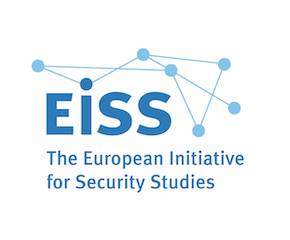Speakers
Description
Most lethal violence now occurs outside of war zones. In Latin America, countries like Mexico, Brazil, El Salvador, and Honduras have often had yearly homicide rates exceeding those in Afghanistan or Syria. In 2018, 78,667 people were killed violently in Brazil and 43,089 in Mexico, compared with 29,584 in Afghanistan and 16,905 in Syria in the same year. Direct conflict deaths now account for only a fraction of violent deaths worldwide, and organized violence outside armed conflict is increasingly of concern to policymakers, and to conflict and security scholars. The burgeoning literature on the causes, consequences, and dynamics of “criminal wars” is nonetheless underdeveloped relative to that on the causes, consequences, and dynamics of civil wars.
With a focus on Mexico and Central America, this panel makes several original contributions to that scholarship, emphasizing local, national, and international responses to organized criminal groups. We begin with a paper on criminal governance in Mexico during the COVID-19 pandemic, adding to our understanding of how organized crime groups affect people’s everyday lives through both violent and non-violent measures. The second paper asks why and how communities affected by criminal violence mobilize against violent criminal actors. In doing so, it contributes to current knowledge on local-level, unofficial responses to criminal violence. The third paper focuses on the response of the Mexican state, and specifically on the use of force by the state and how this is regulated under international law. Finally, the fourth paper examines the international response in the Northern Triangle of Central America, arguing that the World Bank follows a peacetime logic focused on developmental rather than humanitarian response, and questioning its appropriateness in contexts characterized by high-intensity criminal violence and severe humanitarian consequences.
| What discipline or branch of humanities or social sciences do you identify yourself with? | Humanitarian Studies, International Law, International Relations, Political Science, Political Theory, Sociology |
|---|---|
| If you are submitting an Open Panel proposal, have you included all four abstracts in attachment? | Yes, I have included all required information (see below). |
| Are you a PhD student or early-career researcher? | No |

